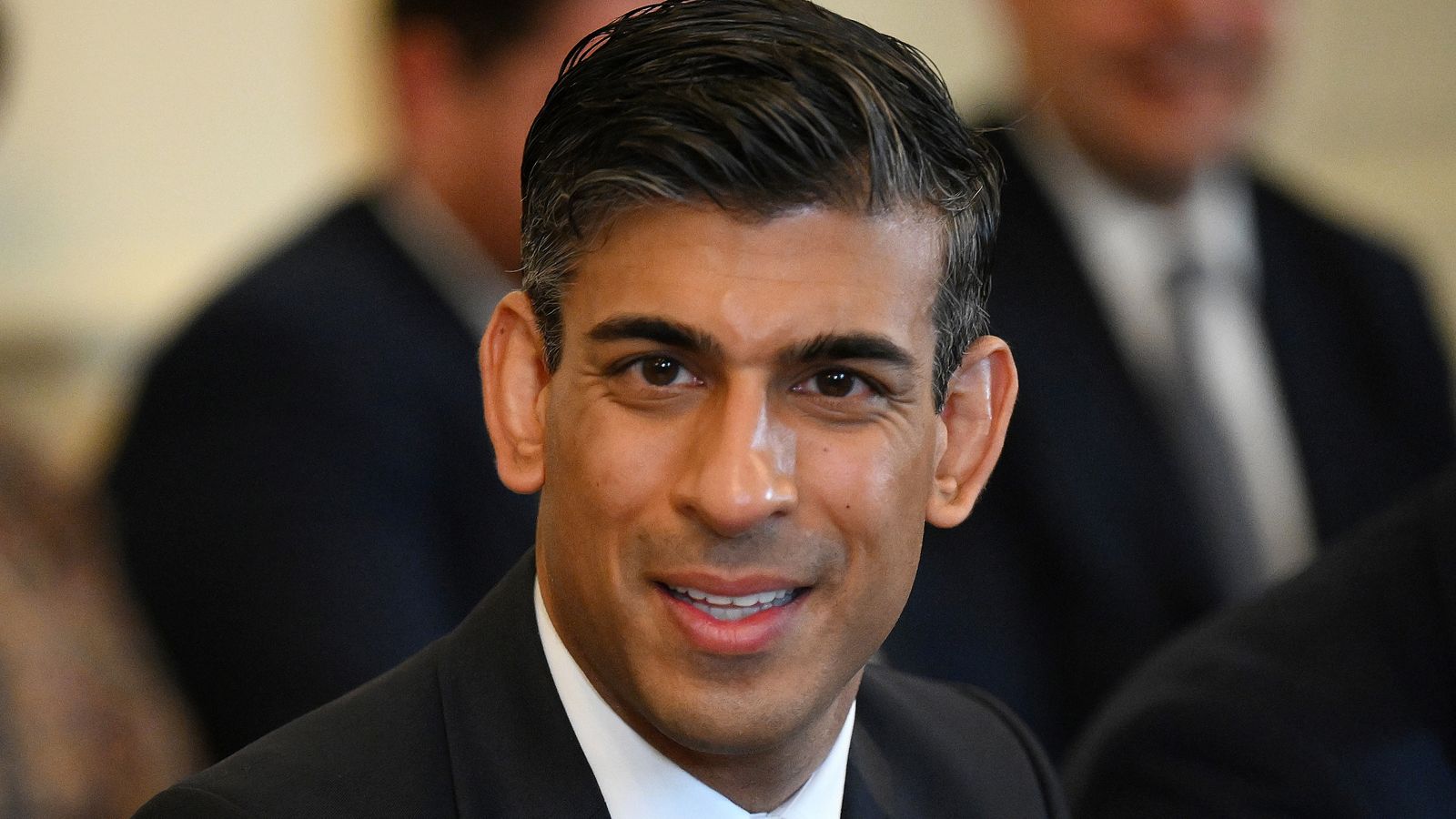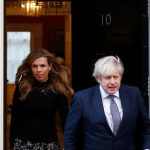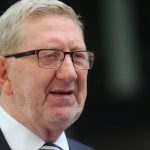Chancellor Rishi Sunak has been accused of wasting £11bn of taxpayers’ money by paying too much in interest servicing the government’s debt.
The National Institute of Economic and Social Research (NIESR) said the chancellor had failed to insure against interest rate rises.
The institute’s director, Professor Jagjit Chadha, told the Financial Times Mr Sunak’s actions had left the country with “an enormous bill and heavy continuing exposure to interest rate risk”, while Labour said the losses were “astronomical” and accused the government of “playing fast and loose” with public finances.
Politics Hub: Top headteacher says PM’s personal life causes her to ‘raise an eyebrow’
The Treasury said it had a “clear financing strategy” in place to meet the government’s funding needs.
The Bank of England created £895bn through the quantitative easing (QE) programme and used most of it to buy government bonds from pension funds and other investors.
When investors put the proceeds in commercial bank deposits at the BoE, the Bank then had to pay interest at its official interest rate.
Fuel costs: What will stop rising prices?
Windfall tax on oil and gas firms: Jacob Rees-Mogg warns Rishi Sunak that no tax is ‘economically cost-free’
Why Rishi Sunak’s dream budget may be forever out of sight so long as Boris Johnson’s PM
When the official rate was still 0.1% last year, the NIESR urged the government to insure the cost of servicing the debt against the risk of rising interest rates by converting it into government bonds with longer maturity.
Prof Chadha said they had calculated Mr Sunak’s failure to heed their advice had cost taxpayers £11bn.
“It would have been much better to have reduced the scale of short-term liabilities earlier, as we argued for some time, and to exploit the benefits of longer-term debt issuance,” he told the FT.
Labour’s shadow treasury minister Tulip Siddiq said: “These are astronomical sums for the chancellor to lose, and leaves working people picking up the cheque for his severe wastefulness while he hikes their taxes in the middle of a cost-of-living crisis.
“This government has played fast and loose with taxpayers’ money. Britain deserves a government that respects public money and delivers for people across the country.”
A Treasury spokesman said: “There are long-standing arrangements around the asset purchase facility – to date £120bn has been transferred to HM Treasury and used to reduce our debt, but we have always been aware that at some point the direction of those payments may need to reverse.
“We have a clear financing strategy to meet the government’s funding needs, which we set independently of the Bank of England’s monetary policy decisions.
“It is for the Monetary Policy Committee to take decisions on quantitative easing operations to meet the objectives in their remit, and we remain fully committed to their independence.”
Treasury minister John Glen said the claims were “not true”.
In a tweet, he said: “The Treasury has inaccurately been accused of wasting billions of pounds.
“This is not true and the proposed measures come with huge economic risks and could undermine the Bank of England’s independence.
“This government has always managed the economy responsibly and carefully, and respected the independence of the Bank of England completely.
“This will always be the case.”






















